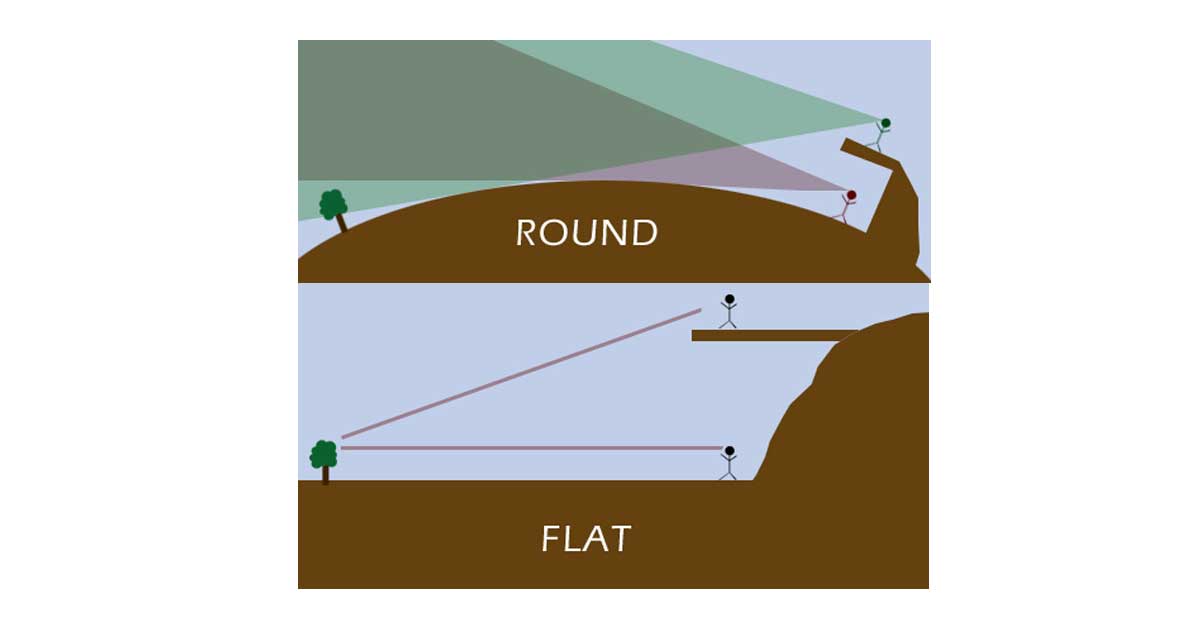What is Reason?

What is Reason? What is Enlightenment?
- Reason is the application of “pure logic,” empirical evidence, experiment, and skepticism to find truths, facts, and theories (AKA “critical thinking”).[1] TIP: See a breakdown of reasoning methods or a page on the basics of logic and reason.
- Enlightenment is simply the natural conclusions to which reason leads.[2] TIP: See Plato’s cave metaphor for insight into wisdom as a virtue and the related “duty” that comes with enlightenment.
Or more accurately, enlightenment is a path in which discourse and debate over truths, theories, and facts push us ever closer to the elusive goals of knowing and understanding.
- In being, the process involves the quest for knowledge and the admission that we know we don’t know, not the obtaining of absolutes.
- In doing, the process involves striving toward truth and guiding others toward, it doesn’t involve sophistry and authoritarianism.
It is this love of wisdom, or rather the love of the pursuit of wisdom, which to the philosopher is the pursuit of happiness, which is the destination.
It is looking to the sun, not the folly of thinking one can see the sun in its full glory directly.
Of course, understanding this Kafkaesque quality of enlightenment being “a journey down a path with many forks, rather than a defined destination is itself,” itself requires the use of reason.
With that said, there is no mandate to use reason or to seek enlightenment, nor is there a mandate that the forking path look the same for all. In fact, one could argue different types of people seek different natural ends.
Still, using reason we can begin to make a strong case for enlightened theories like utilitarianism and the scientific method, so some of this is not purely subjective.
“‘I know that I know nothing” – Plato’s Socrates [may have said, but generally illustrated]
TIP: Not everything that “is” has a physical form, thus not everything that “is” can be so easily proven. Still, we can look for the places where the physical and non-physical forms intersect to find empirical data to back up our “pure reason”. This is what Hume’s fork is about, this is what Plato’s Republic and his forms are about, this is the basis of both science (natural philosophy) and moral philosophy.
TIP: See Kant’s “what is the enlightenment?” for an alternative rational perspective.
Why Was the Age of Enlightenment Called “the Age of Reason”?
The Age of Reason (AKA the Age of Enlightenment) is the age in which our [modern western] predecessors first applied both pure reason and empiricism to usher in the modern age of science, modern politics, western governments, capitalism and modern economics, and the Ages of Industrialization and Technology.
Liberalism, Republicanism, democracy, modern science, etc. are born from the use of reason by philosophers like Smith and Locke, scientists like Newton, politicians like Thomas Jefferson, and other thinkers (who themselves all looked to the past greats like Plato and Cicero).
The application of reason won’t always mean that we come to the same conclusions or have the same opinions on facts and theories, but it will allow us to arrive at enough mutual conclusions to facilitate understanding, healthy debate, and compromise.
The best evidence of these truths is in the compromises and coalitions found in the American Revolution. America’s enlightened patriots won their liberties, not just with the sword, but with debate and the pen. This is evidenced by the writings of Thomas Paine, Thomas Jefferson, Alexander Hamilton, James Madison, their Constitutional compromises and Declaration of Independence, and other documents.
All About the Enlightenment The Age of Reason. A guide to standing on the shoulders of giants, for the sake of our world’s future. Liberals and conservatives naturally have different opinions, but it is within reason that anyone should be able to apply critical thinking to arrive at a reasonable common ground.FACT: Hume’s fork represents the age old debate between the realist and idealist approaches to logic. We can trace the debate back to Plato and Aristotle or forward to Machiavelli’s age, the Scientific Revolution, to today. In any era, the opposition to reason is “pure emotion” which is based on feeling and not fact. On this note, propaganda is the transference of emotion via a message instead of fact. Learn about the types of truths.
Rationalism Vs Empiricism. This video works as a quick overview, see the lecture below for a full discussion of the ideas of Kant and Hume.